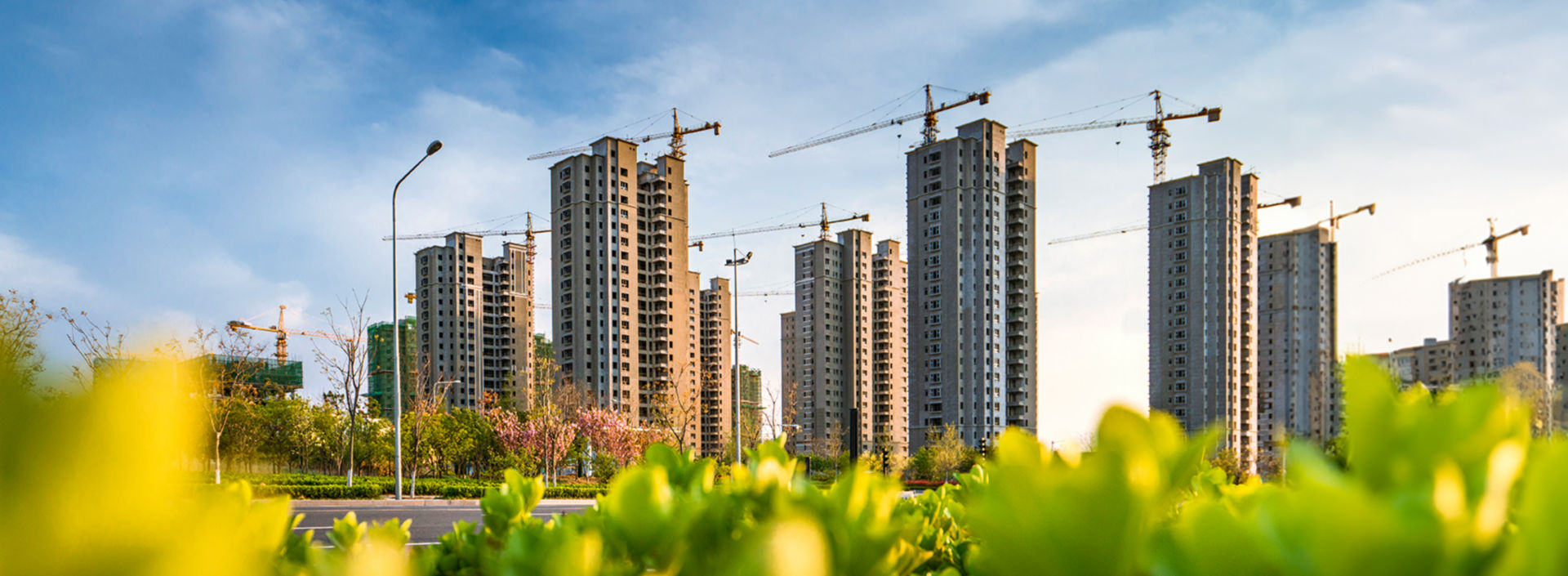The construction industry is constantly evolving, like the rest of the world. Lately, there has been a new building trend towards an innovative and environmentally friendly approach. One method that has been gaining traction is construction, referred to as prefabricated construction, and it’s changing the way we build by offering possibilities and options.
Embracing the Rise of Modular Construction
Modular construction is changing the game in the construction industry by providing a cost-effective and environmentally friendly approach. Unlike construction methods that involve building, on-site piece-by-piece modular construction involves assembling fabricated building components in factories away from the site. These components, called modules, are then assembled on-site to create the structure. From homes and commercial buildings to schools, hospitals, and even skyscrapers, modular construction is increasingly being embraced by architects, developers, and contractors as the modern building solution.
Streamlined Efficiency and Faster Modular Building Construction
One of the benefits of construction is how it simplifies the building process and greatly shortens construction timelines. When using construction methods and factors, like weather inefficiencies on-site and materials shortages, can cause delays in projects and lead to increased costs. However, in modular building construction , the controlled factory environment ensures consistent quality and precision, minimizing the risk of errors and delays.
As modules are simultaneously manufactured off-site, the construction process can move forward on-site simultaneously, resulting in faster project completion. This accelerated timeline can be especially beneficial for projects with tight schedules, such as emergency housing or healthcare facilities.
Enhanced Sustainability and Reduced Waste
Sustainability has become a pressing concern in the construction industry, and modular building construction offers a compelling solution. Since modules are fabricated in a factory, there is less on-site construction waste, and materials can be efficiently managed and recycled. Moreover, modular construction often employs sustainable building practices and energy-efficient technologies, reducing the environmental impact of the building process. With a growing emphasis on eco-friendly practices and green building certifications, modular construction aligns with the global push towards a more sustainable future.
Quality Assurance and Consistency
In traditional construction, the final outcome may be influenced by varying on-site conditions and workmanship. However, modular construction or prefabricated building ensures a higher level of quality assurance and consistency. The controlled factory environment allows for rigorous quality checks and inspections at each stage of manufacturing. Additionally, skilled workers and specialized equipment contribute to precise construction, resulting in structures of superior quality and durability.
Flexibility and Adaptability
Modular construction offers flexibility and adaptability, making it an ideal choice for projects that require customization or future expansion. Modular structures can be easily assembled, disassembled, and relocated, enabling structures to be repurposed or expanded as needs change. This versatility is particularly valuable in dynamic environments, such as educational institutions and healthcare facilities, where future growth and modifications may be anticipated.
Cost-Effectiveness and Cost Predictability
By streamlining construction timelines and minimizing on-site labor requirements, modular construction can lead to cost savings for developers and contractors. The controlled factory environment also reduces the risk of unforeseen expenses due to weather or on-site delays. As a result, modular construction offers greater cost predictability, allowing stakeholders to budget more accurately and allocate resources more efficiently.
Embracing the Future of Construction
The rising popularity of modular building systems signals a significant shift in the construction industry. As more and more developers and contractors adopt this groundbreaking approach, we are beginning to see the advantages it brings in terms of efficiency, sustainability, quality, and flexibility. With the construction industry preparing to tackle the issues of urbanization housing shortages and environmental considerations, prefab modular building construction is emerging as a solution that leads us towards a future that's both sustainable and adaptable. By embracing the growing trend of < strong> prefabrication construction, we embark on a journey that will shape our world for the better.
KONE: Pioneering the Mobility of Tomorrow in Modular Construction
In the ever-changing landscape of construction, KONE stands at the forefront of innovation, embracing the rise of modular construction to shape a sustainable and efficient future. As a global elevator and escalator industry leader, KONE recognizes the immense potential of modular construction and its transformative impact on the built environment.
With its extensive expertise and commitment to excellence, KONE Construction approaches modular construction with a focus on seamless integration and optimal mobility solutions. Elevators and escalators play a crucial role in modern buildings, and KONE's advanced solutions are designed to complement the efficiency and adaptability of modular construction. By collaborating closely with architects, developers, and construction professionals, KONE ensures that its elevator and escalator systems seamlessly align with the design and requirements of modular buildings.
